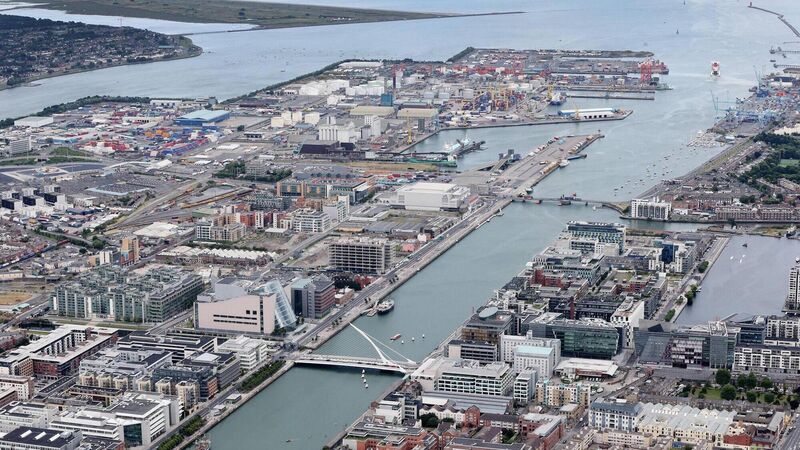John Whelan: Dublin has highest density of AI engineers in Europe, but can Ireland capitalise?

Dublin has the top per-capita concentrations of AI engineers Picture: Maxpix
As the EU launches its Invest AI initiative to mobilise €200bn of investment in artificial intelligence, there is much debate as to whether it is too little too late.
Addressing the AI Action Summit in Paris last week, European Commission president Ursula von der Leyen was adamant the "AI race is far from over". She announced plans to mobilise about €200bn for AI investments amid concerns the region is falling behind the US and China.











